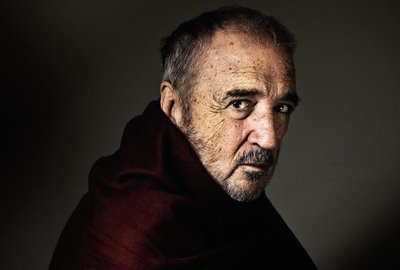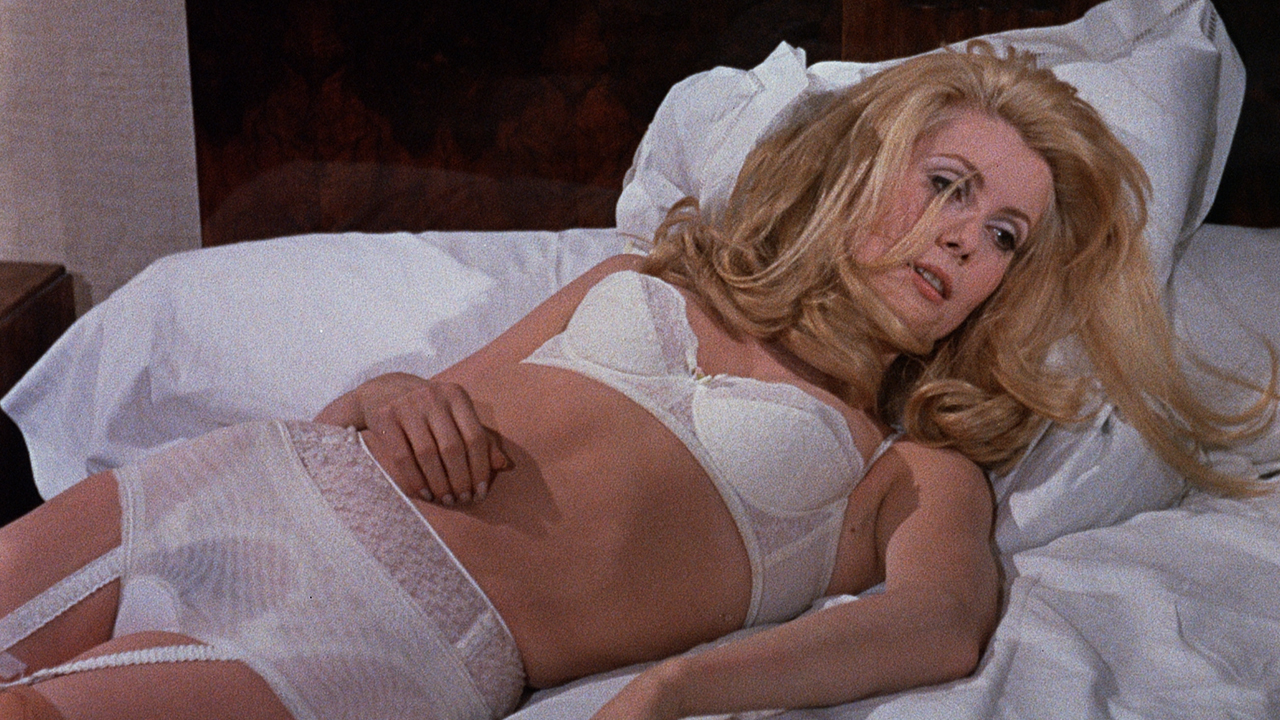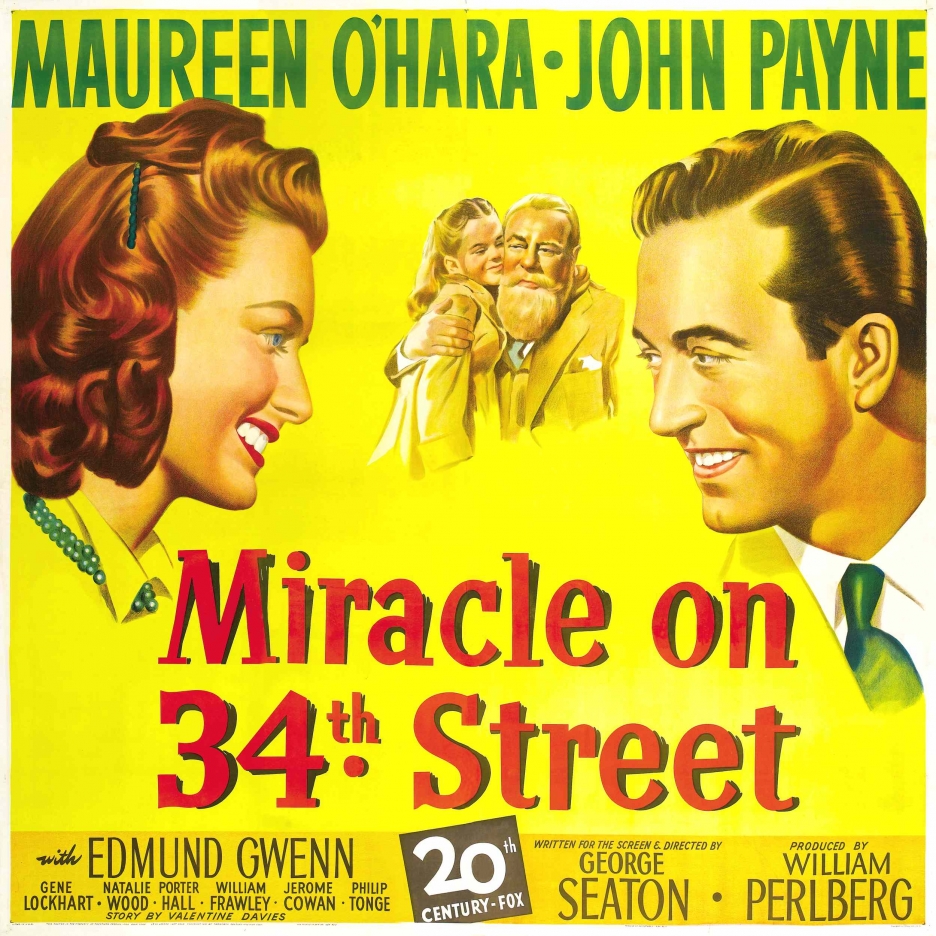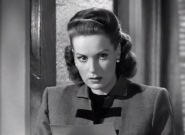Review: The Overnighters
 Friday, November 7, 2014 at 12:00PM
Friday, November 7, 2014 at 12:00PM  [The Overnighters was recently longlisted as one of the 134 films in contention for this year's Best Documentary Feature Oscar. Here's Amir with his thoughts on the film.]
[The Overnighters was recently longlisted as one of the 134 films in contention for this year's Best Documentary Feature Oscar. Here's Amir with his thoughts on the film.]
Jesse Moss spent more than a year in the North Dakotan town of Williston following a news story he had found about mass immigration to the oil rich area. When the practice of fracking began to turn the fortunes of the Midwestern state around after recession, thousands of men flocked there from all the around the U.S. in search of a new life. The sudden, unsustainable upsurge in population caused tensions to grow between the local residents and the itinerant workers, fuelled by reports of theft and sexual abuse that were alleged to be committed by the “overnighters”.
In the midst of this, pastor Jay Reinke of the Concorida Lutheran Church is opening the doors of the church (and its parking lot) to these men and allowing them to sleep there at nights. His congregation feels uneasy about the presence of the nomads. The more reserved church members complain ostensibly about the mess and chaos left over by allowing more people in the small space than it was designed for, or bring up fire hazard issues. The more outspoken members mention the past records of the temporary workers, some with felony charges, others with their names listed on the sex offenders list.

 Oscars (14),
Oscars (14),  The Overnighters,
The Overnighters,  documentaries
documentaries 








